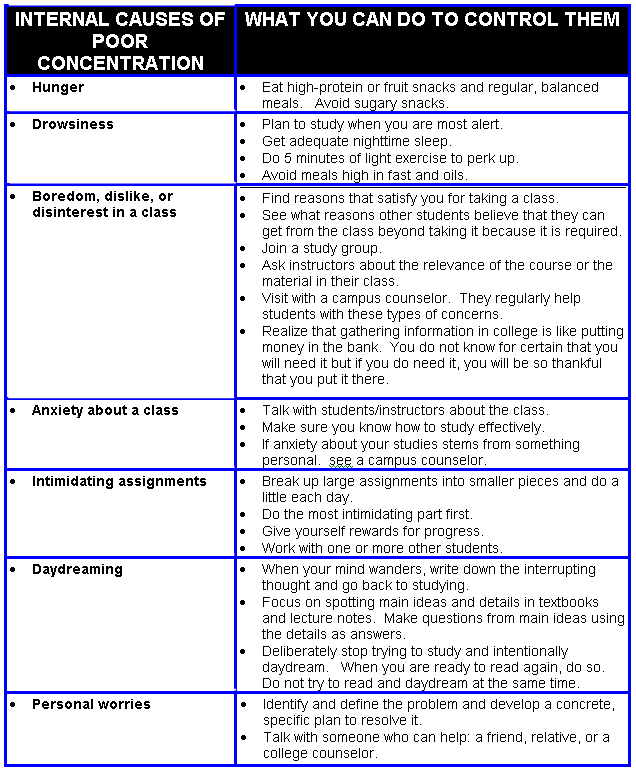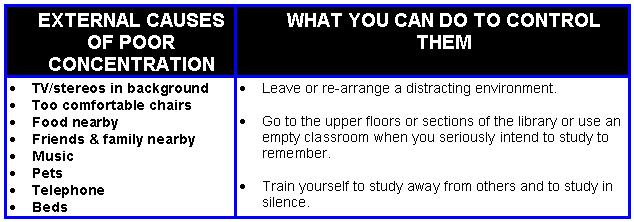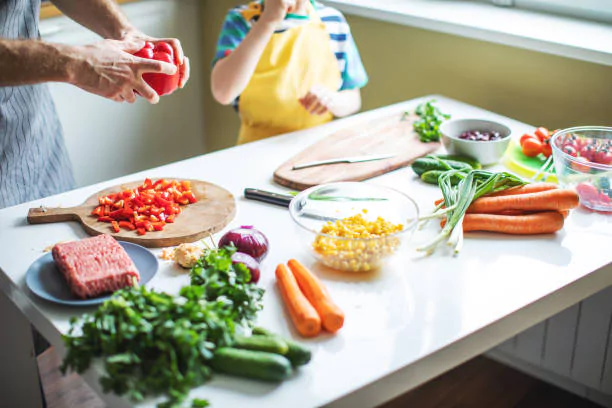

Update: This article was last updated on 12th January 2026 to reflect the accuracy and up-to-date information on the page.
Concentration is a crucial skill, especially in the academic world. Even adults find it challenging, so imagine how tough it can be for our kids. However, as parents, we can play a significant role in enhancing our children’s concentration. Unlike qualities like communication or creativity, concentration may not be as apparent, but it’s vital for effective learning. Whether it is traditional learning or modern, the importance of concentration remains unchanged. Parents can greatly influence their child’s education at home by implementing strategies to boost concentration.
Recommended Reading: 15 Effective Study Habits Every Student Should Adopt
Why do children lack concentration?
Lack of concentration is a common problem. A large number of children across the world struggle with concentration and attention, especially in today’s tech-dominated world.
Let’s start with the reasons why a youngster may have difficulties focusing, and then we’ll address the solutions.
- Lack of Sleep: Children who don’t get enough sleep at night may struggle to concentrate during the day.
- Poor Nutrition: A diet lacking in nutrients, particularly essential fatty acids, can lead to poor cognitive function.
- Stress and Anxiety: Stressful situations can cause a child’s mind to wander, making it difficult to focus on tasks.
- Sensory Overload: Children sensitive to their environment may be overwhelmed by too much stimulation, making concentrating hard.
Recommended reading: How to Improve Working Memory in Kids?

Source: LearningAssistance

Solutions
So, what can parents do to help their child improve their concentration? Here are some fun and creative tips:
- Create a Routine: Establishing a routine can help children know what to expect and when to expect it. This can include setting specific times for meals, playtime, and homework.
- Play Brain Games: There are plenty of fun, and interactive brain games available online that can help improve a child’s concentration and memory.
- Provide a Balanced Diet: A diet rich in essential fatty acids, such as omega-3s, can help support brain function and improve concentration.
- Encourage Physical Activity: Regular exercise can help improve focus and reduce stress levels, making it easier for children to concentrate.
- Reduce Screen Time: Too much screen time can lead to overstimulation and make it difficult for children to focus on other activities. Encourage other forms of play, such as outdoor activities or board games.
- Practice Mindfulness: Teaching children mindfulness techniques, such as deep breathing or meditation, can help them stay focused and calm in stressful situations.
- Seek Professional Help: If your child continues to struggle with concentration, it may be beneficial to seek the advice of a healthcare professional or therapist.
Divide a Big Task Into Small Tasks: Handling a big task demands a lot of focus and discipline, making it beneficial to break it down into smaller, more manageable tasks. This approach is applicable to various areas, including school assignments, household chores, and acquiring new skills. Completing small tasks that contribute to the overall completion of a significant project makes the task less intimidating and easier to concentrate on. It also provides a sense of accomplishment and progress.
Recommended reading: Coloring Books for Kids: Perfect Way to Spend a Relaxing Afternoon

Food That Improves Concentration In Children
| Food | Reason for Improving Concentration |
|---|---|
| Fatty Fish (Salmon, Trout) | Rich in omega-3 fatty acids, essential for brain development and function. |
| Blueberries | Packed with antioxidants that may delay brain aging and improve memory. |
| Broccoli | High in antioxidants and vitamin K, supporting healthy brain function. |
| Eggs | Good source of choline, important for memory and brain health. Provides sustained energy. |
| Nuts and Seeds (Walnuts, Flaxseeds) | Rich in omega-3 fatty acids, antioxidants, and vitamin E, promoting overall brain health. |
| Whole Grains (Oats, Quinoa, Brown Rice) | Provide complex carbohydrates for sustained energy and essential nutrients for brain function. |
| Greek Yogurt | High in protein and beneficial probiotics, supporting overall brain health. |
| Dark Chocolate | Contains flavonoids, caffeine, and antioxidants, potentially improving memory and blood flow to the brain. |
| Oranges (and other Citrus Fruits) | High in vitamin C, which supports the prevention of mental decline and enhances cognitive function. |
| Water | Staying hydrated is crucial for optimal brain function, preventing fatigue and difficulties in concentration. |



